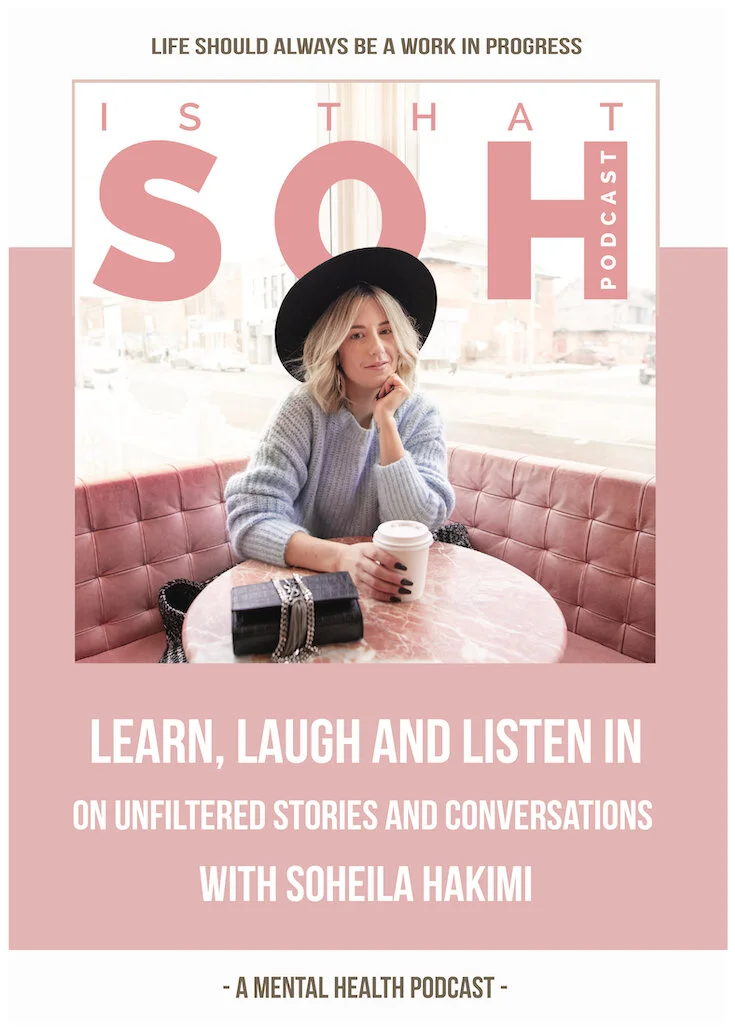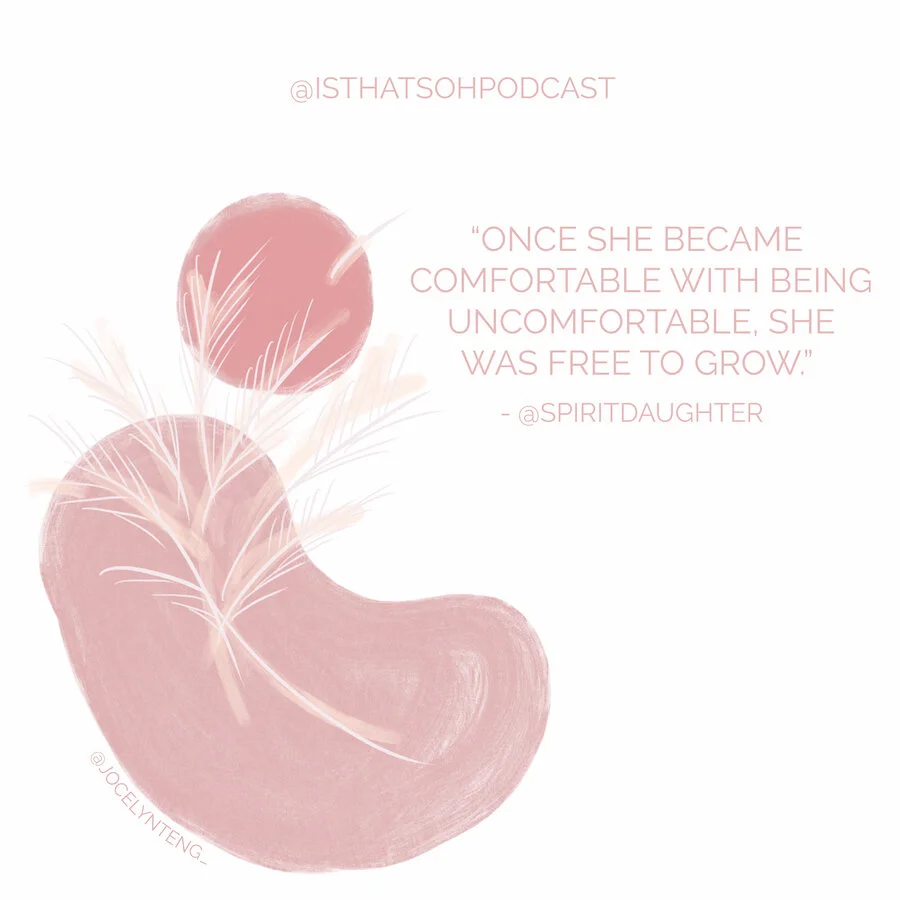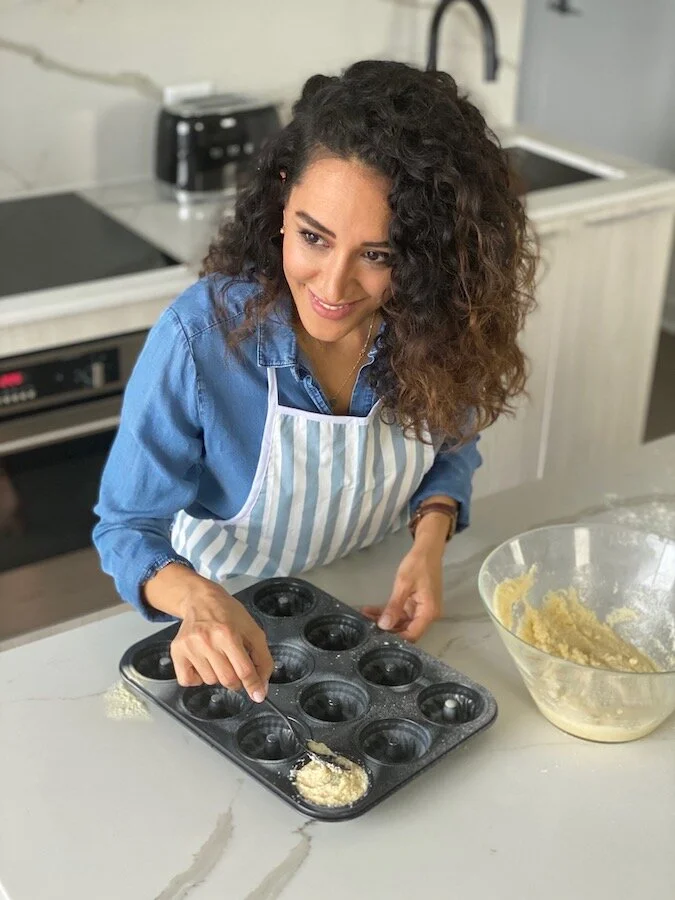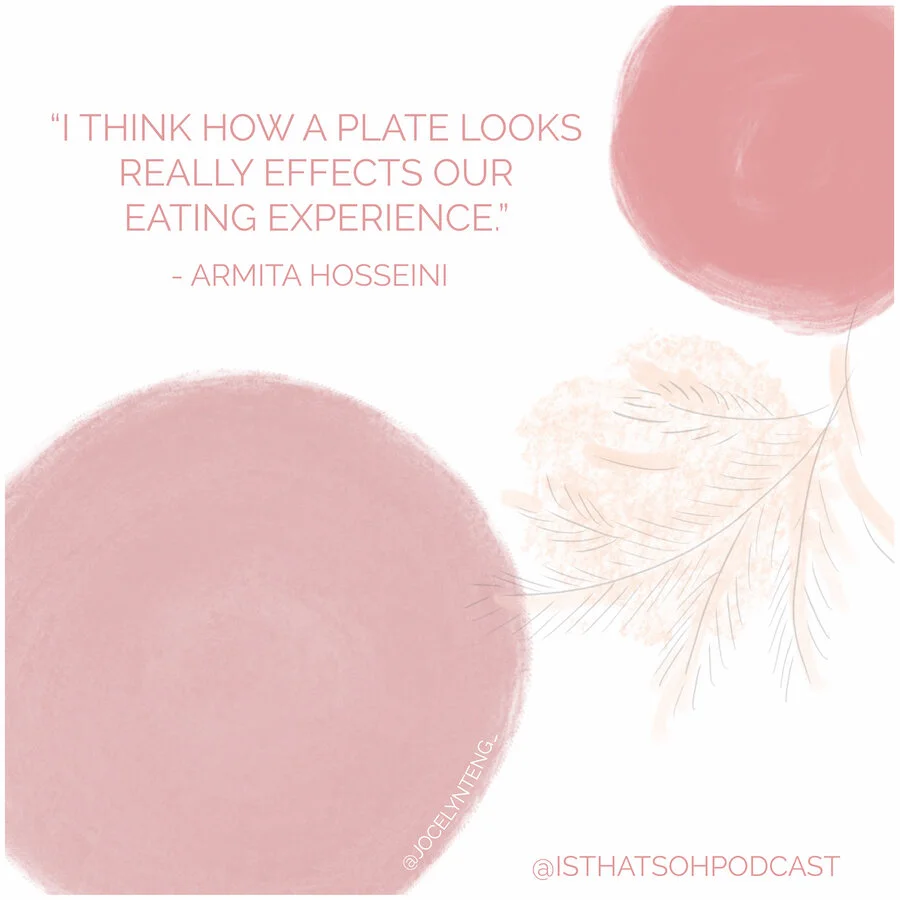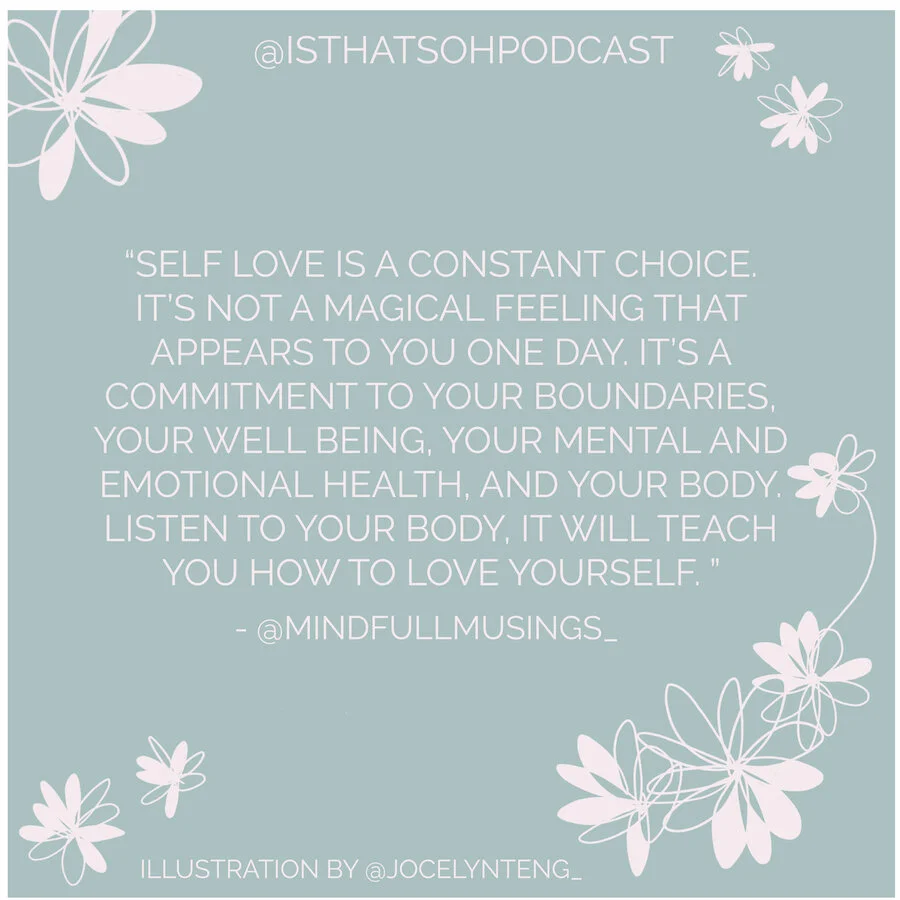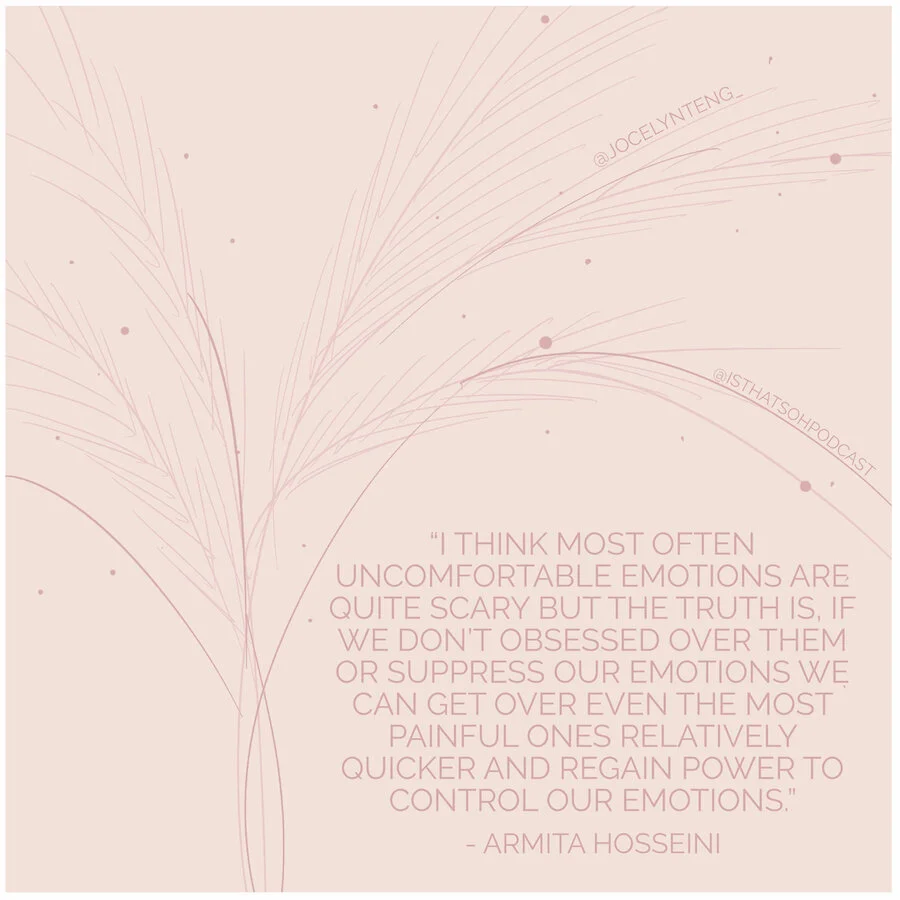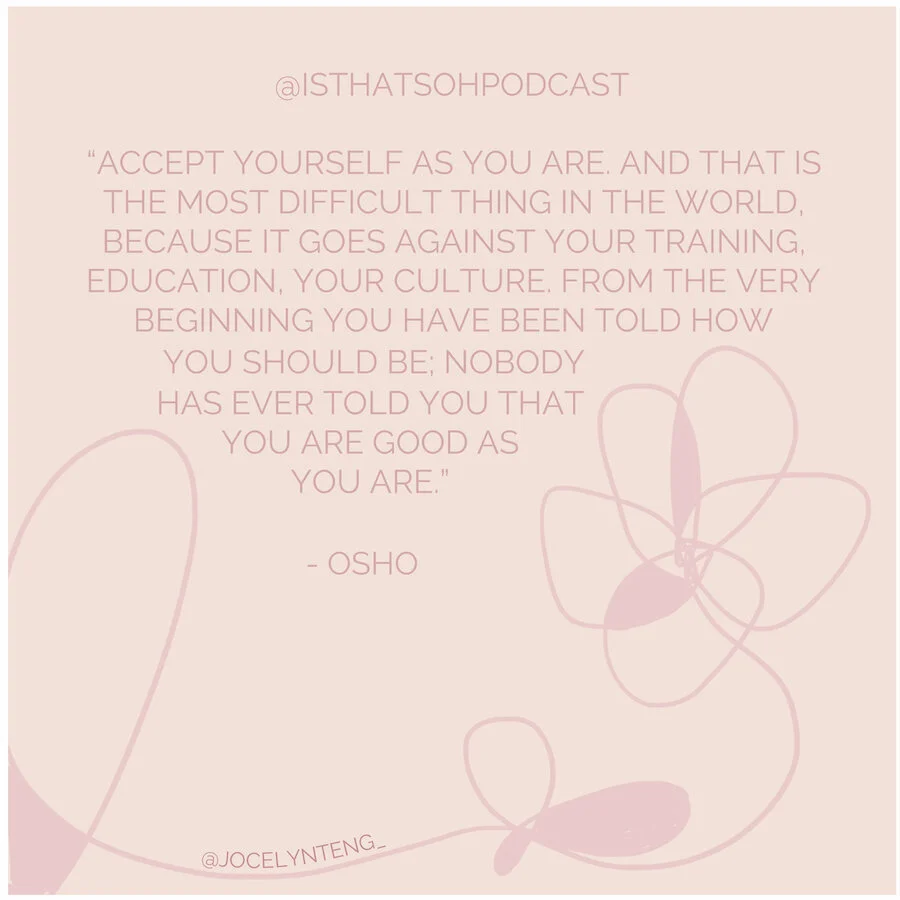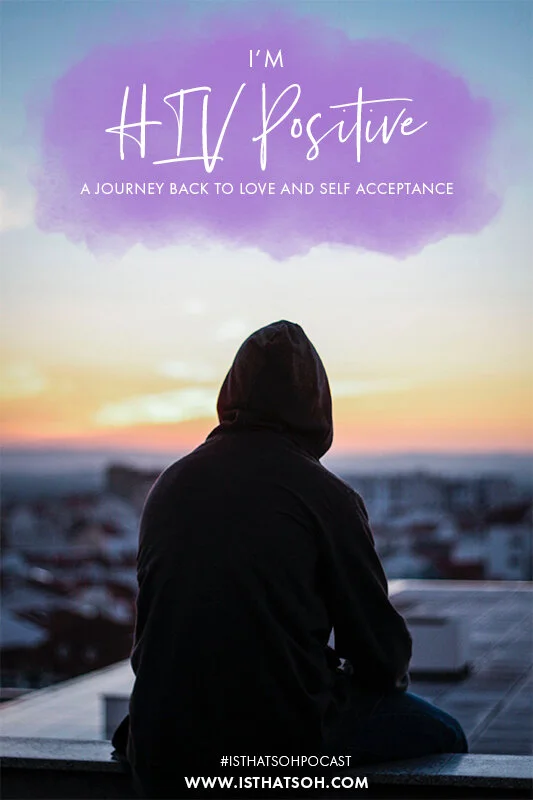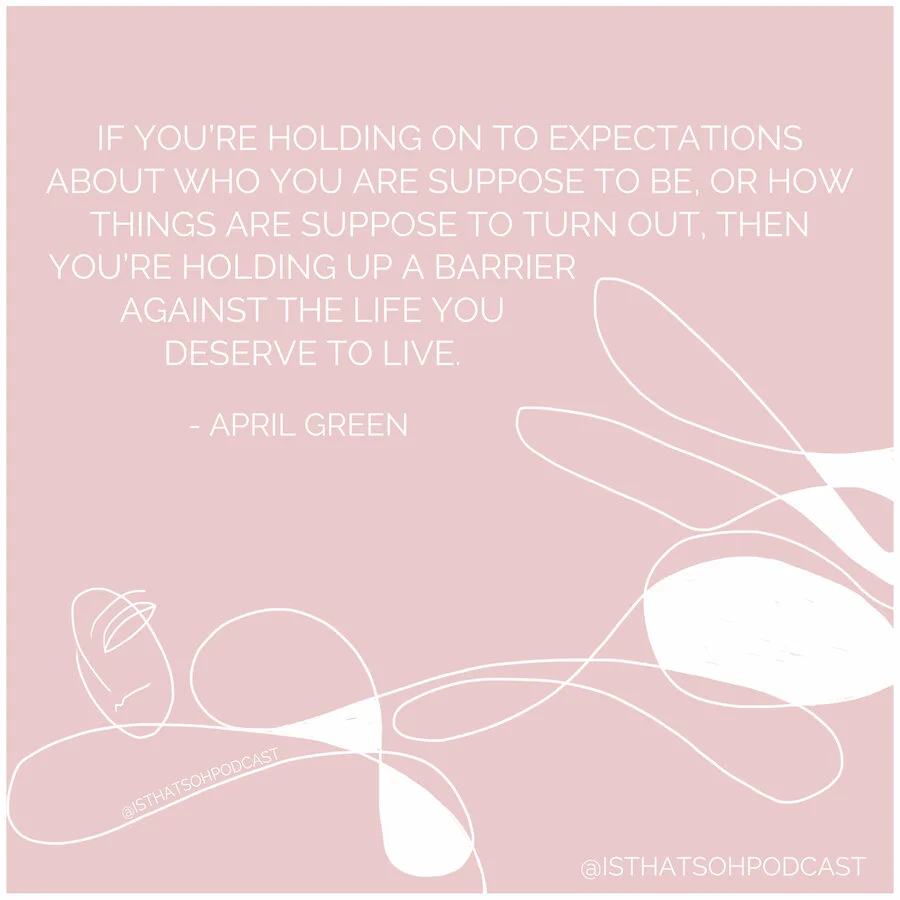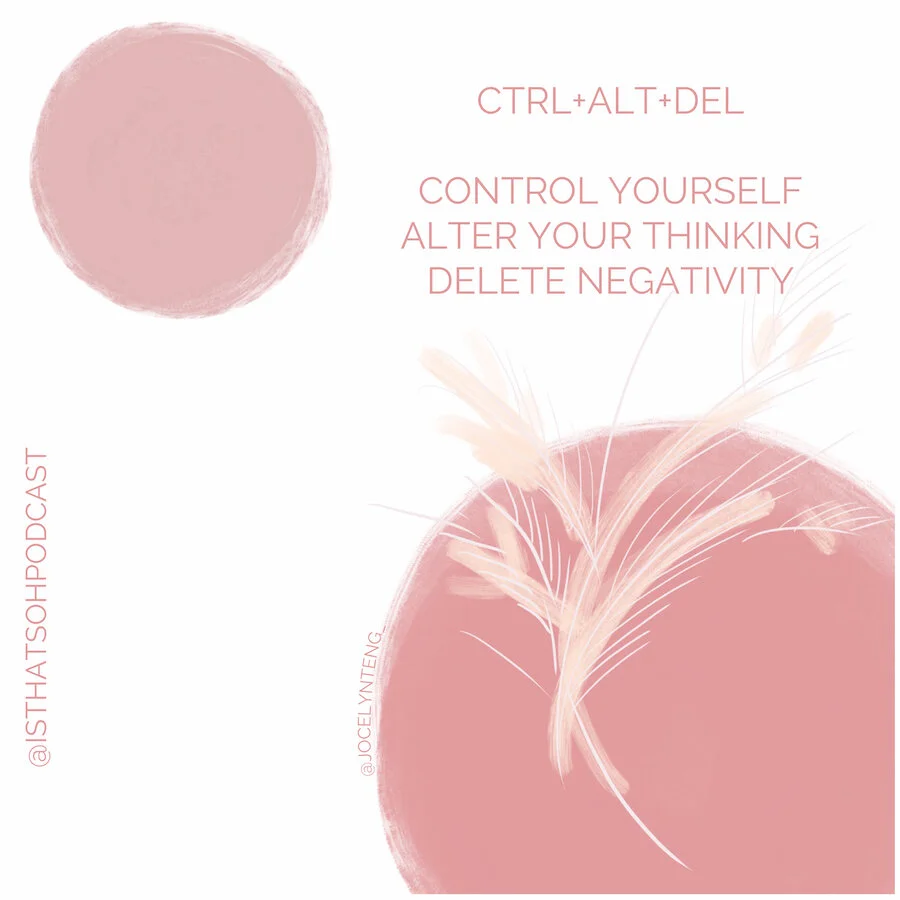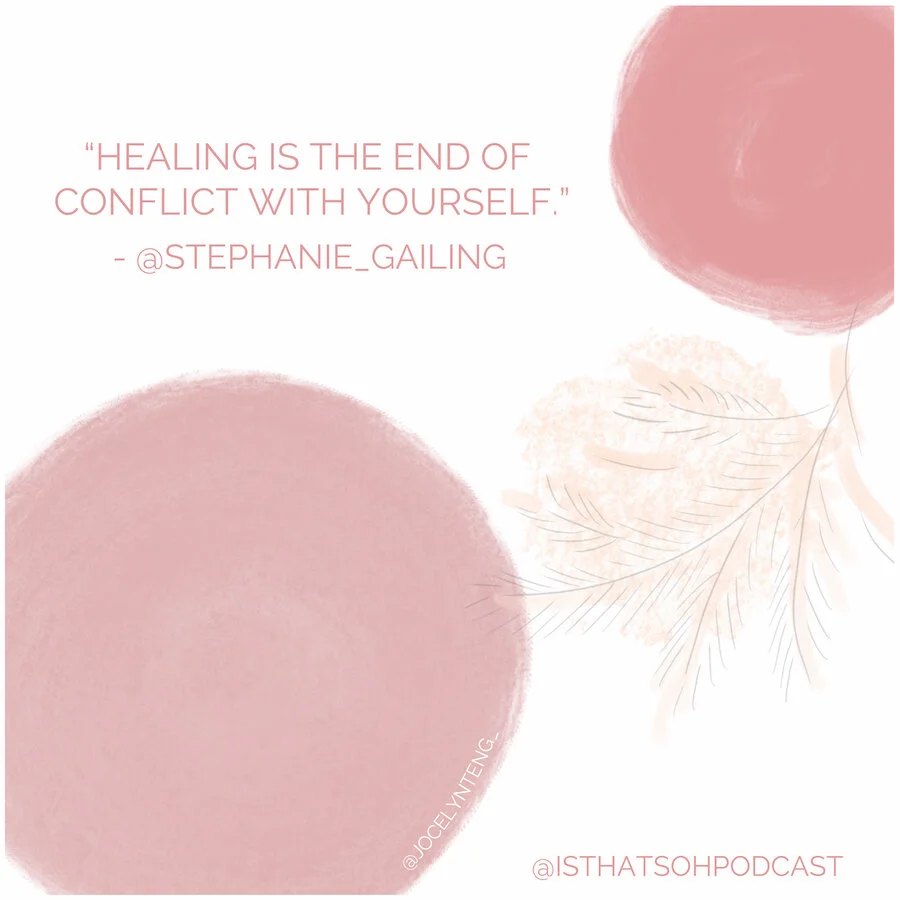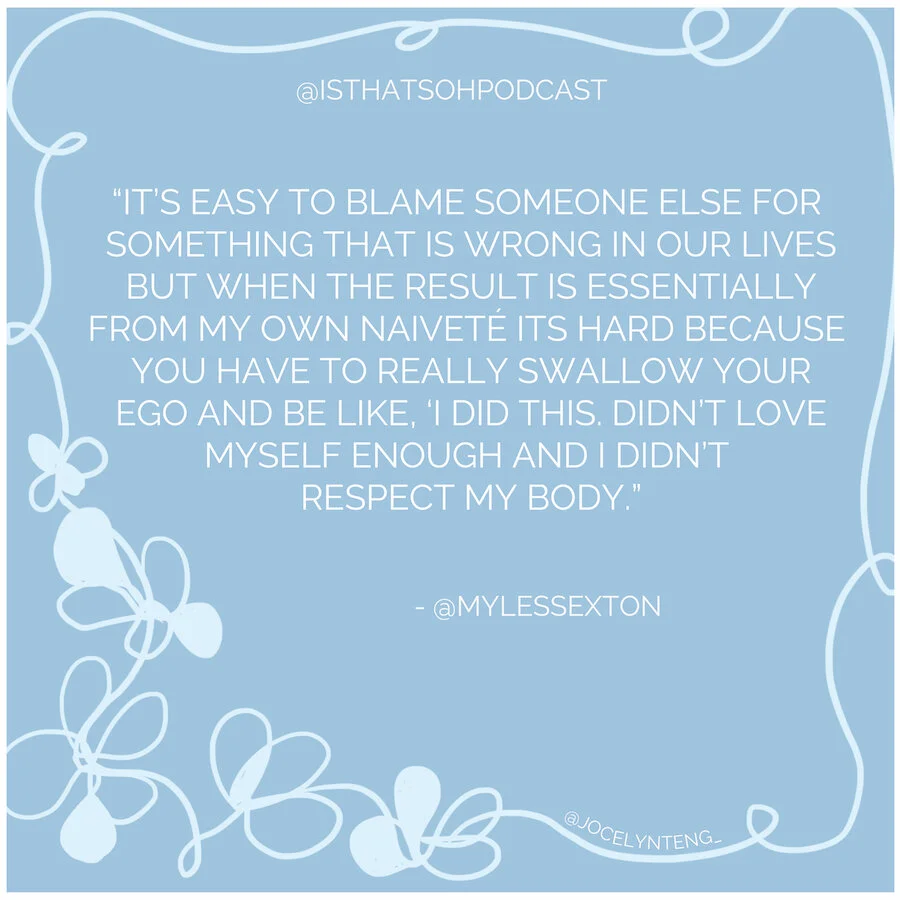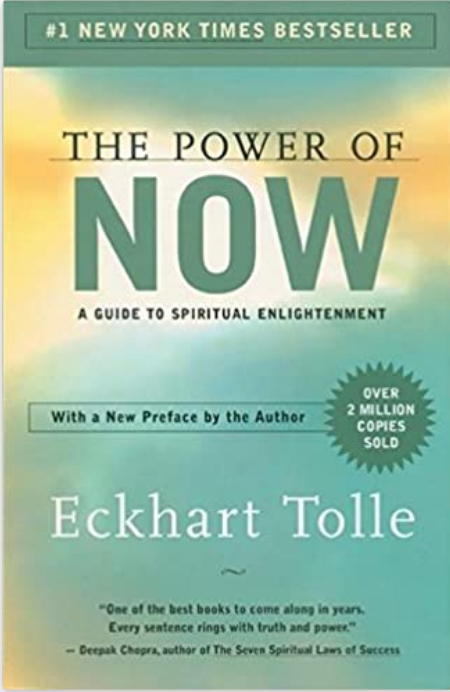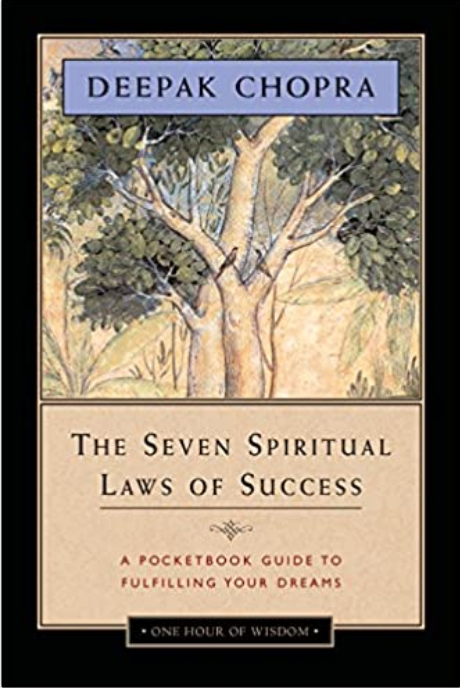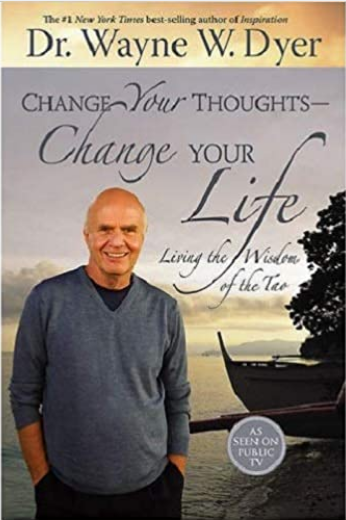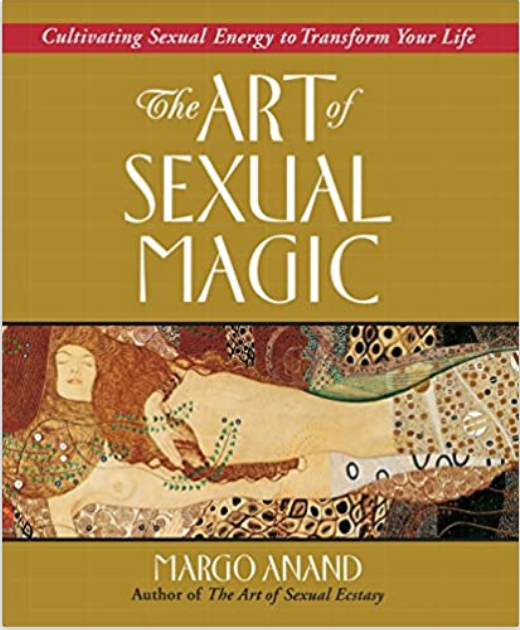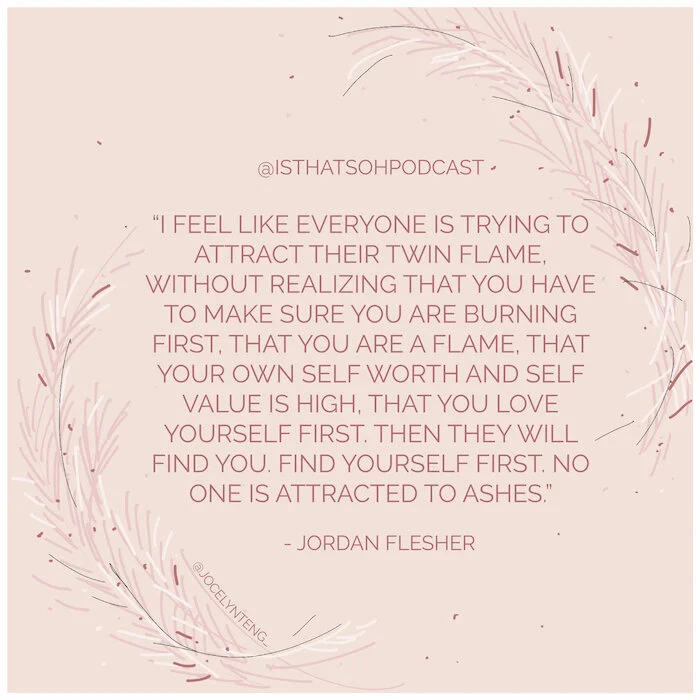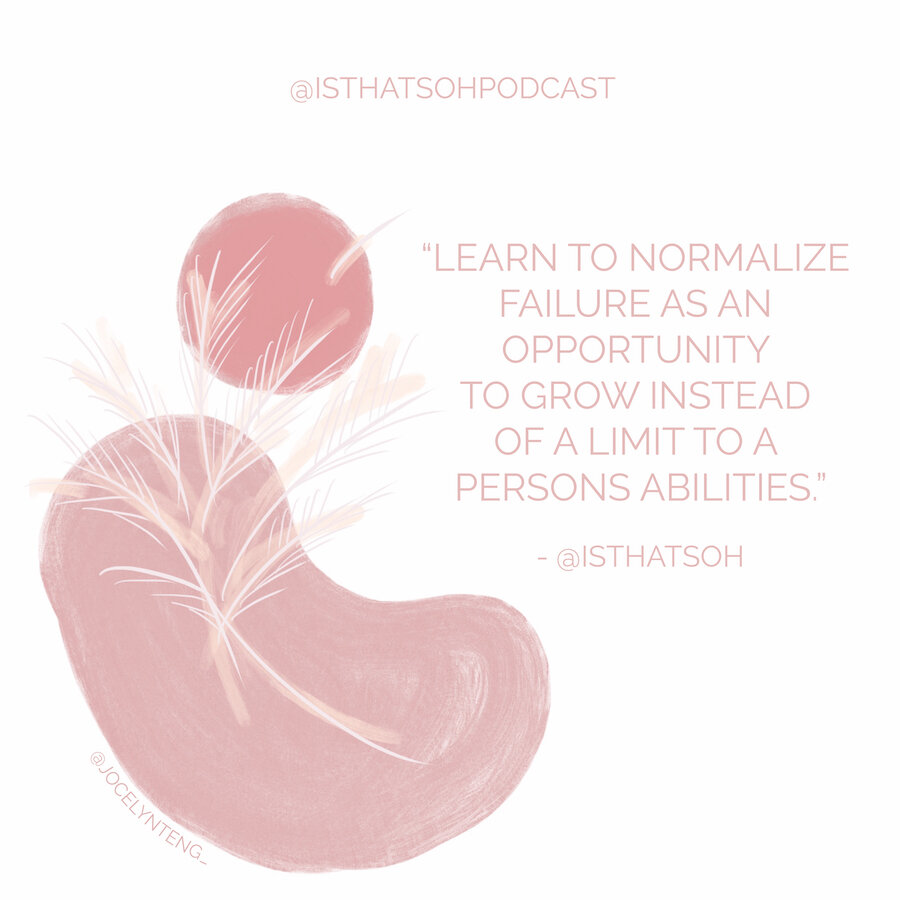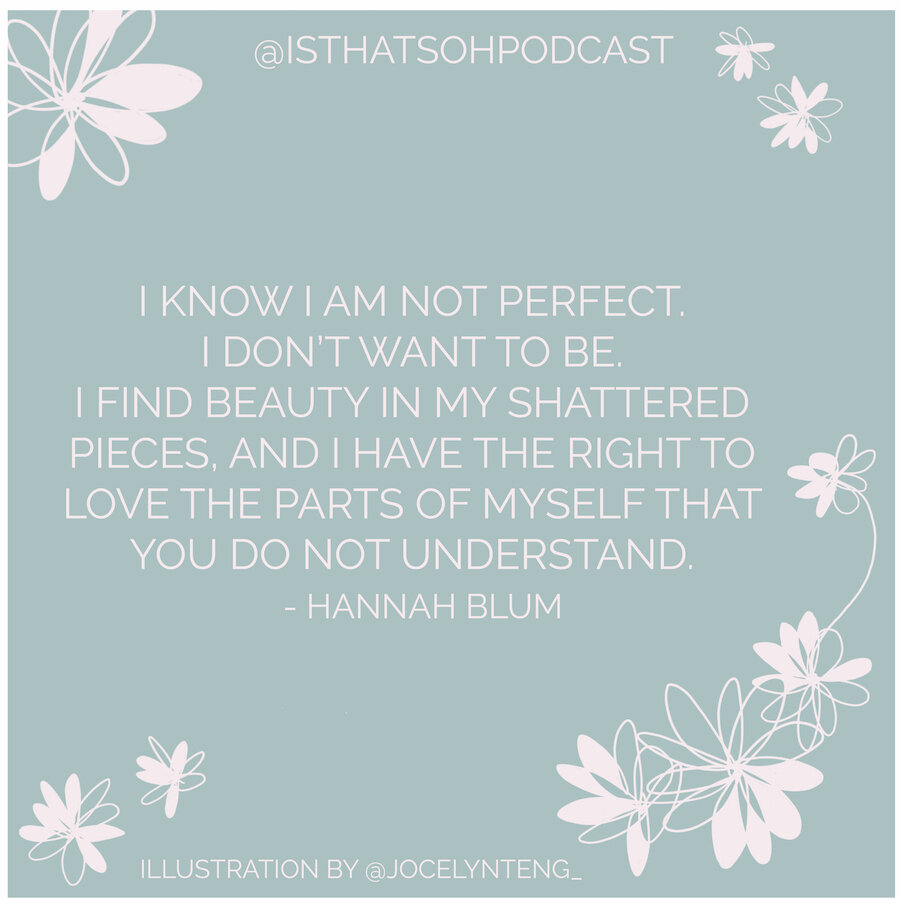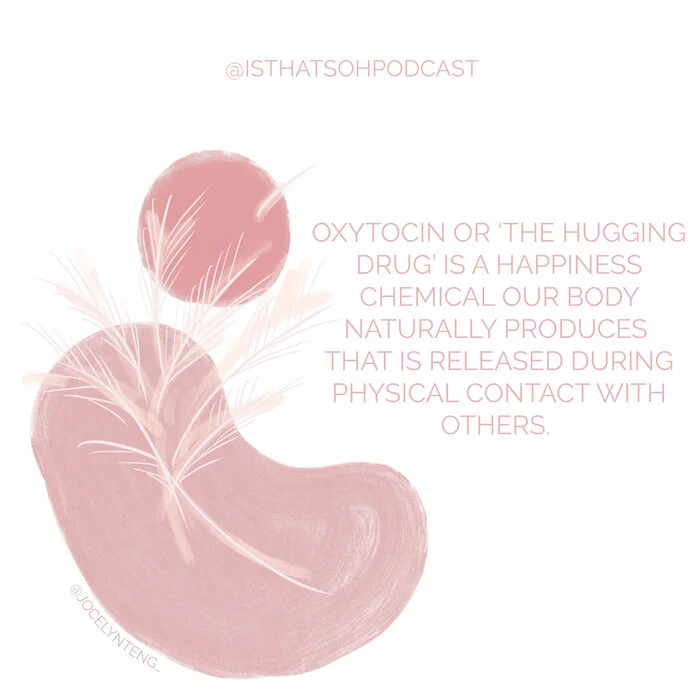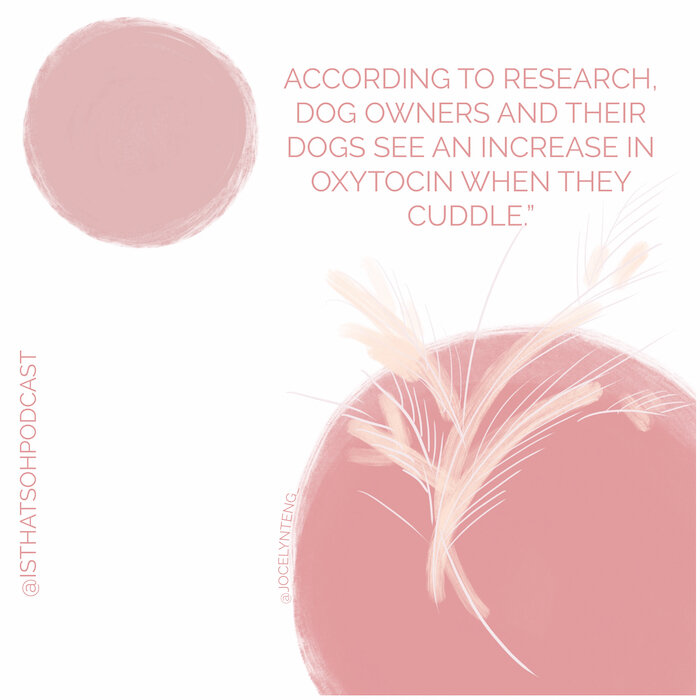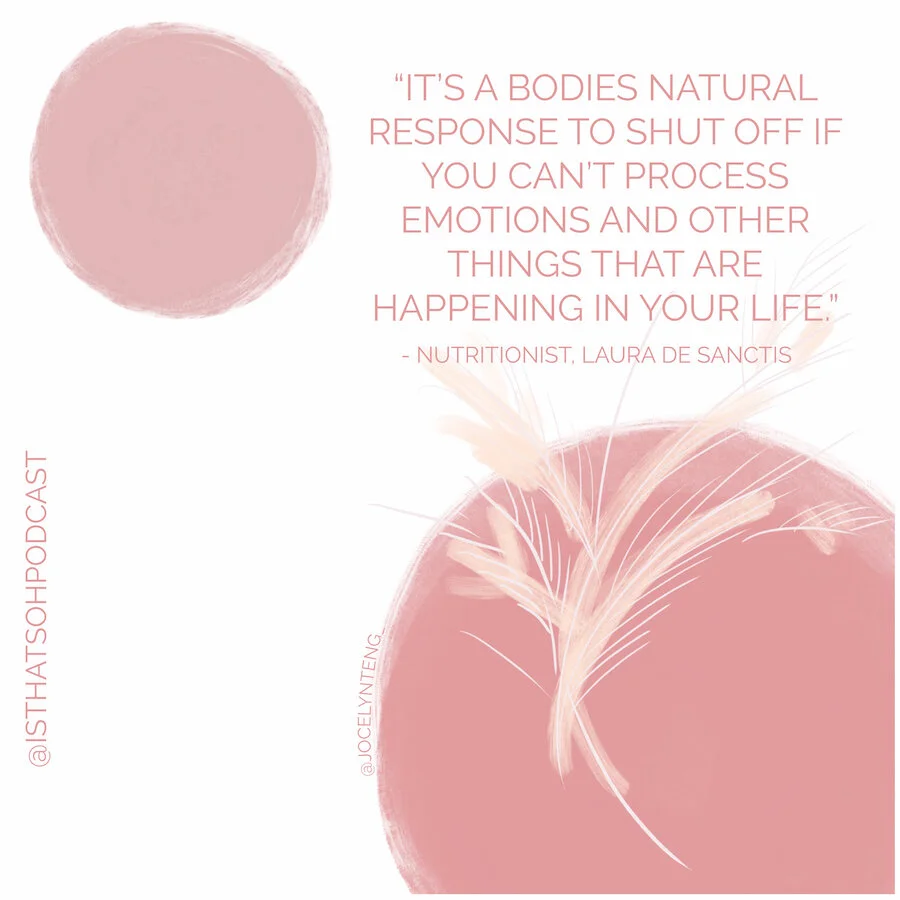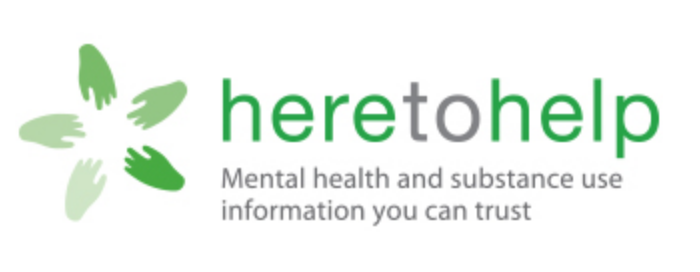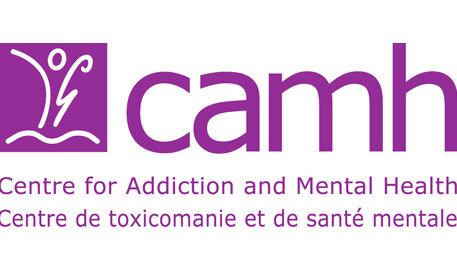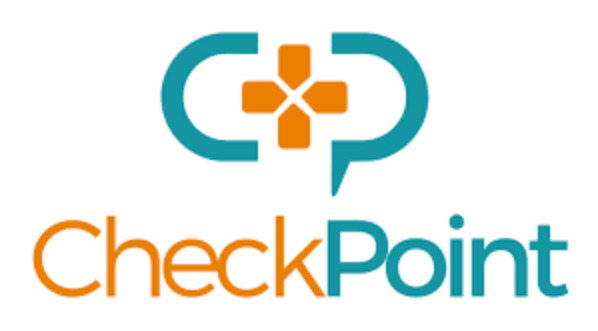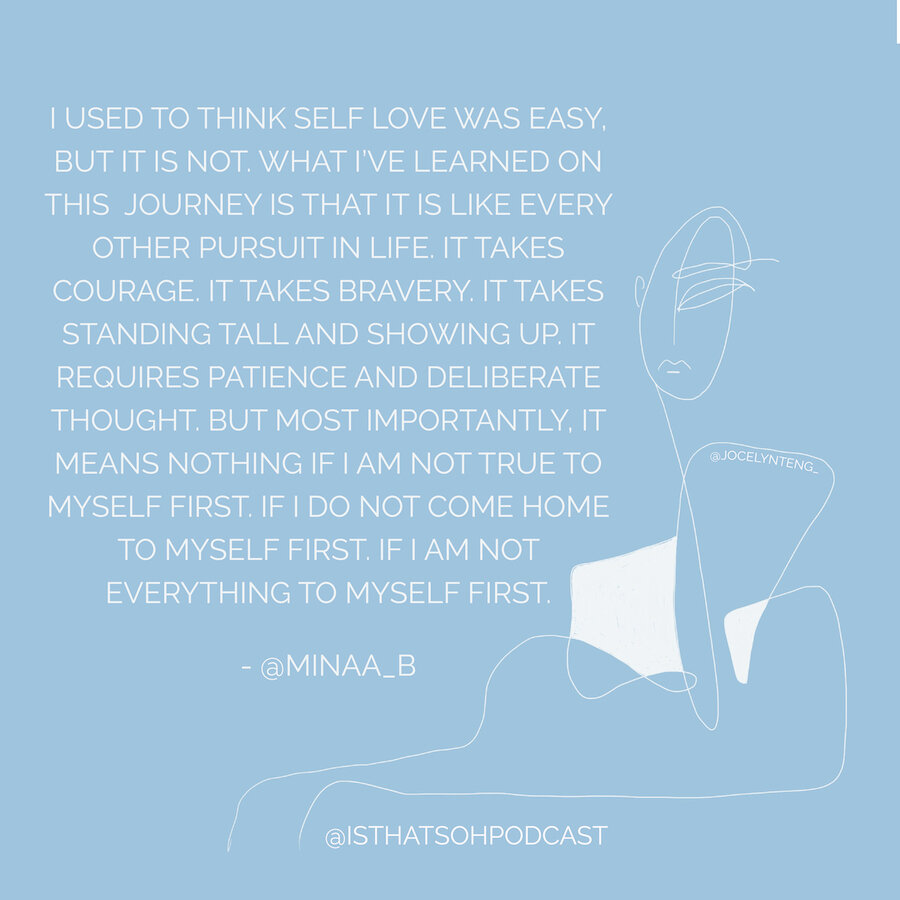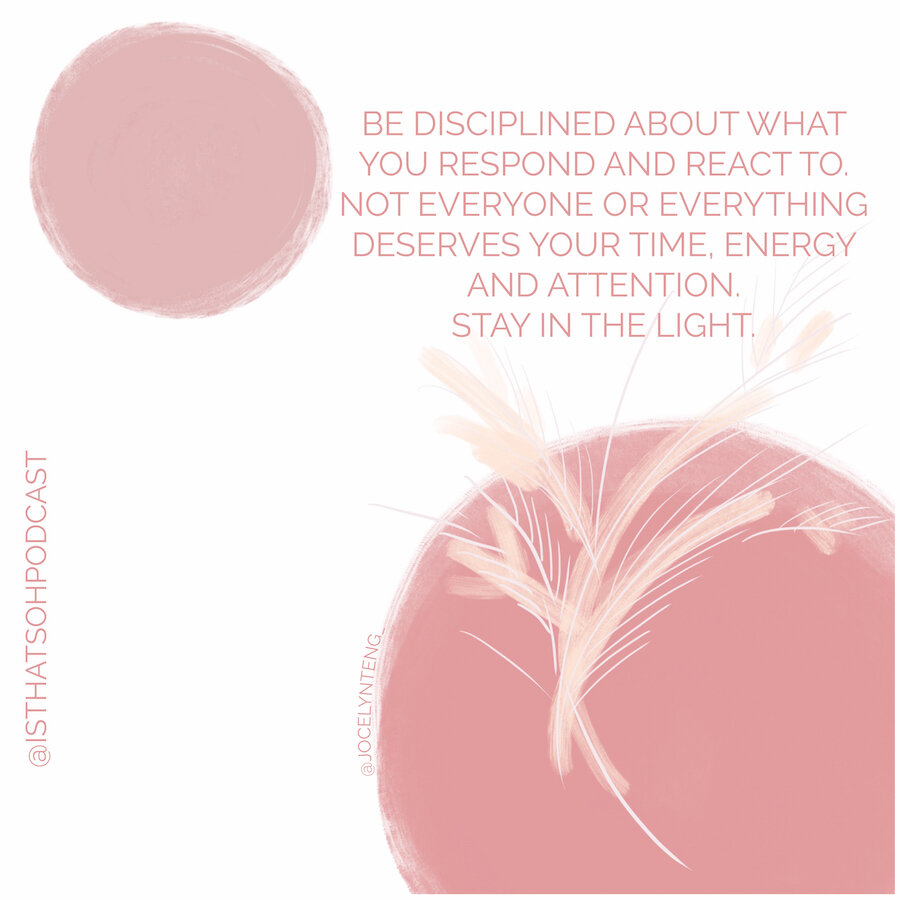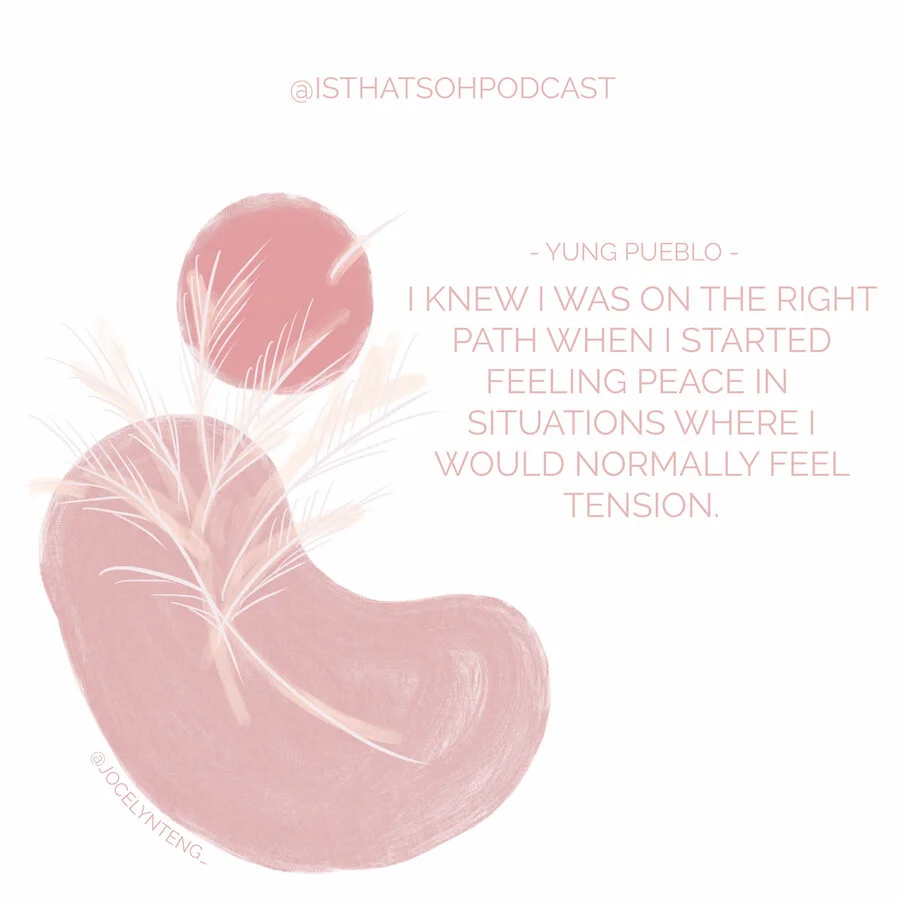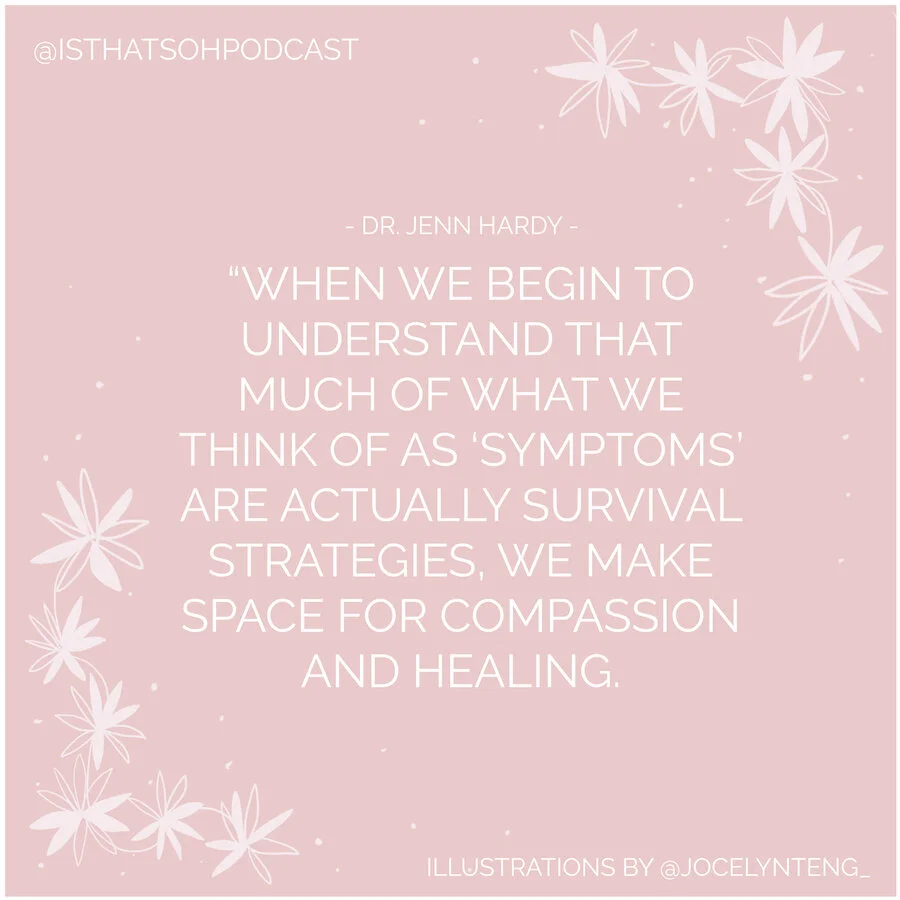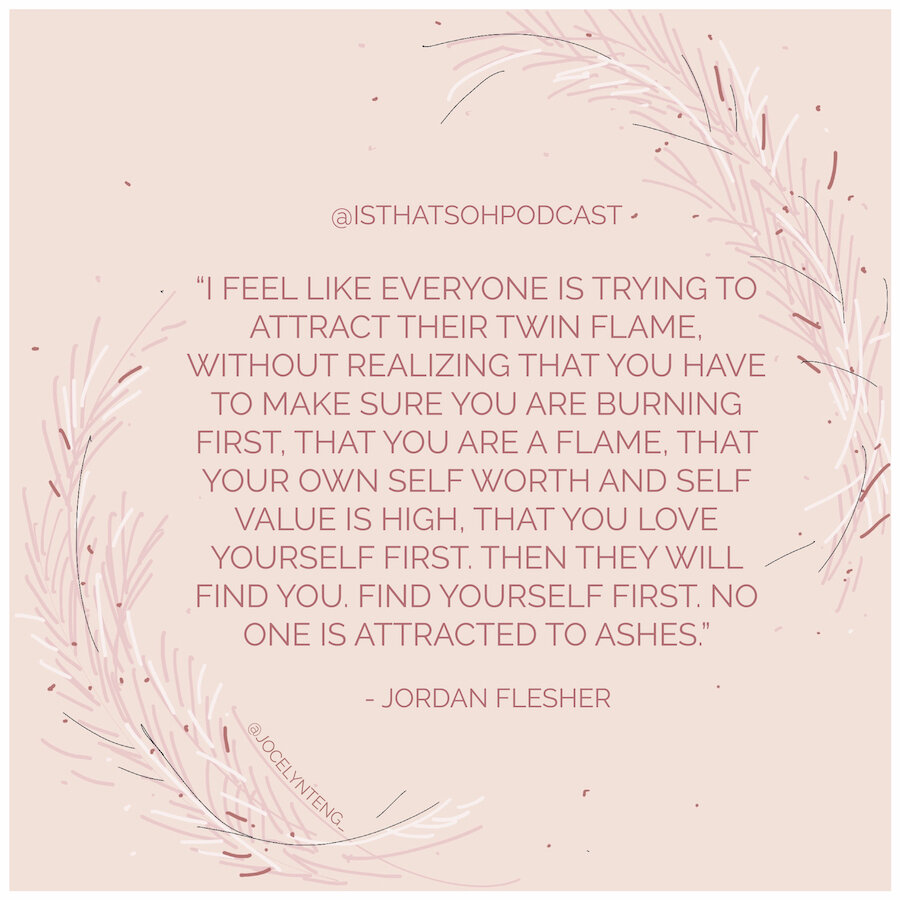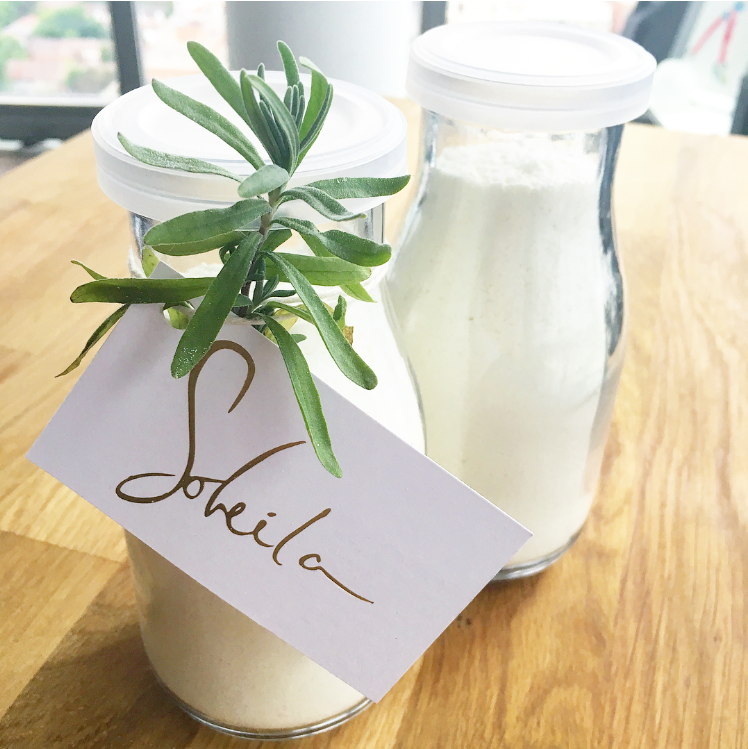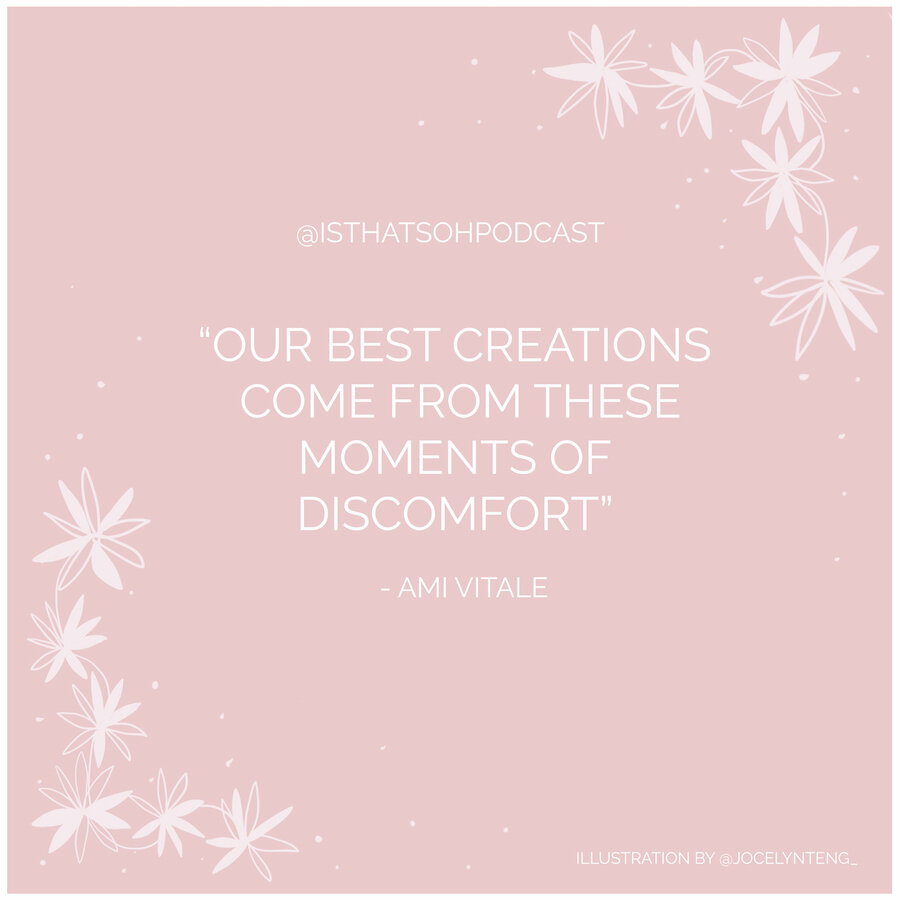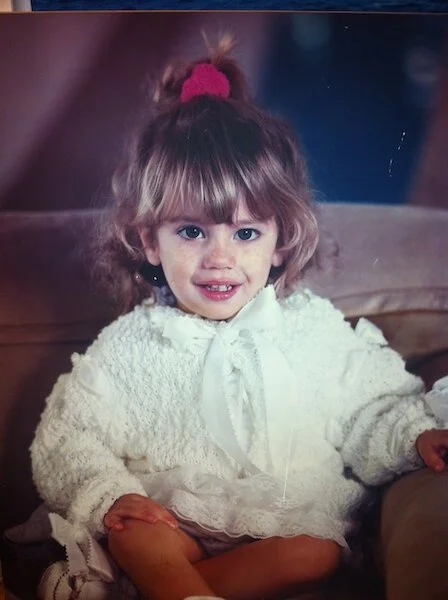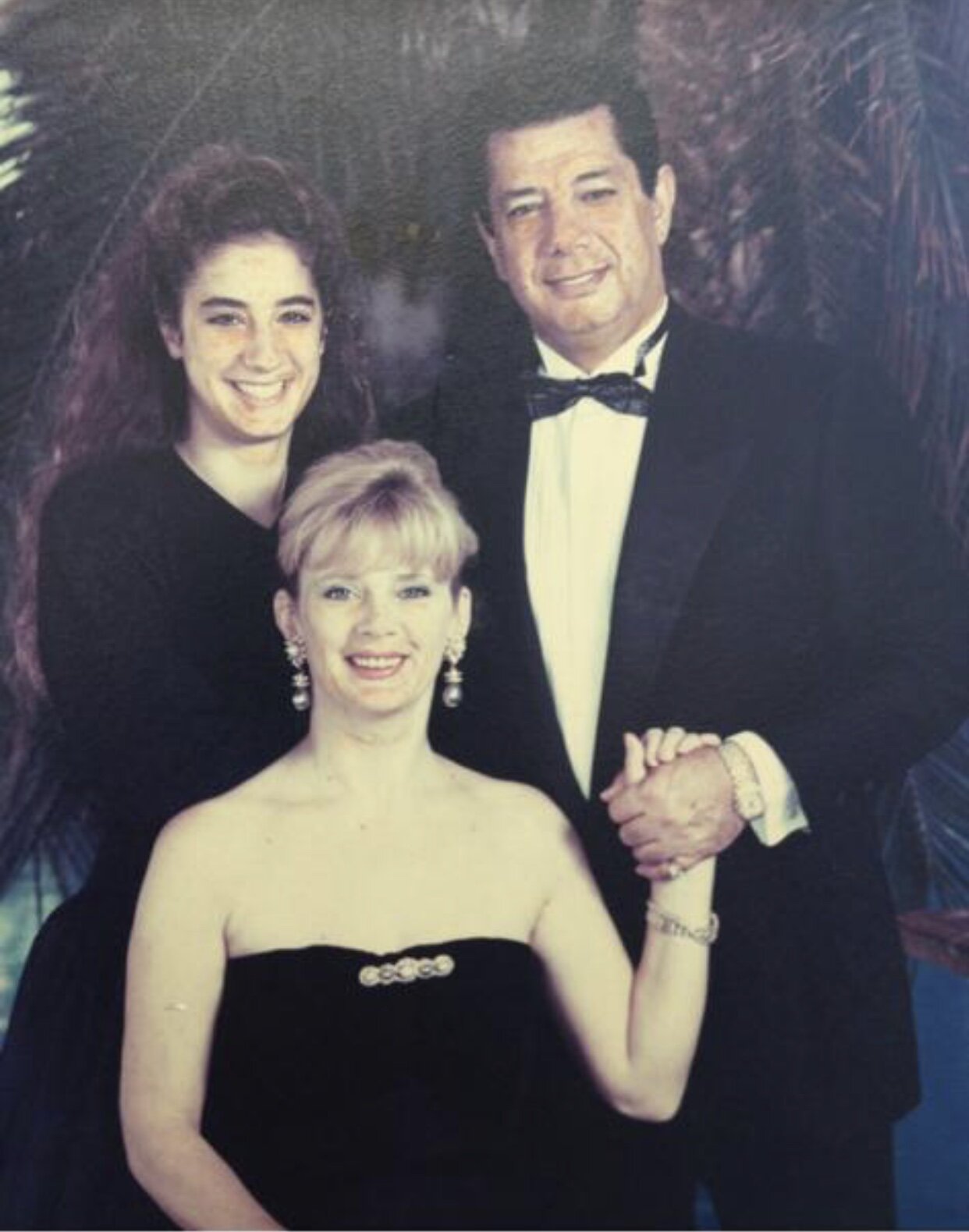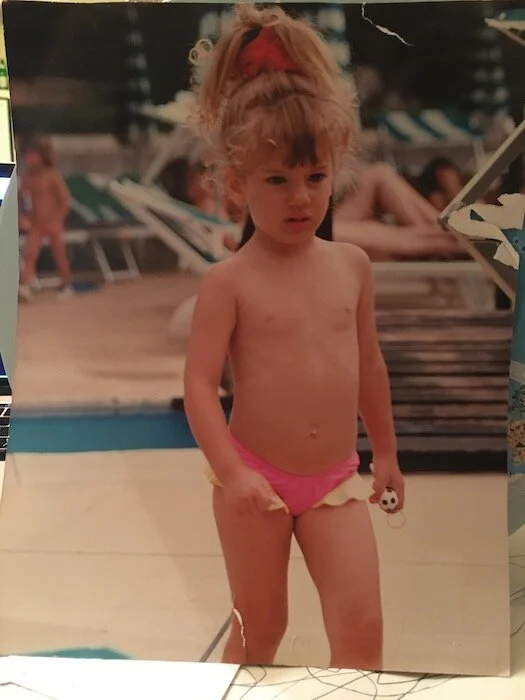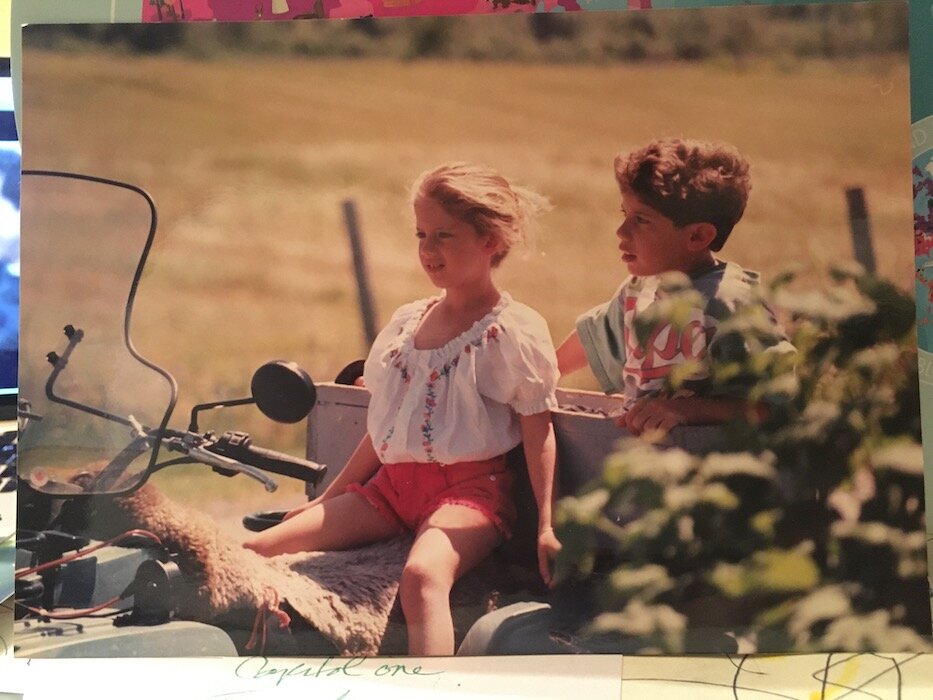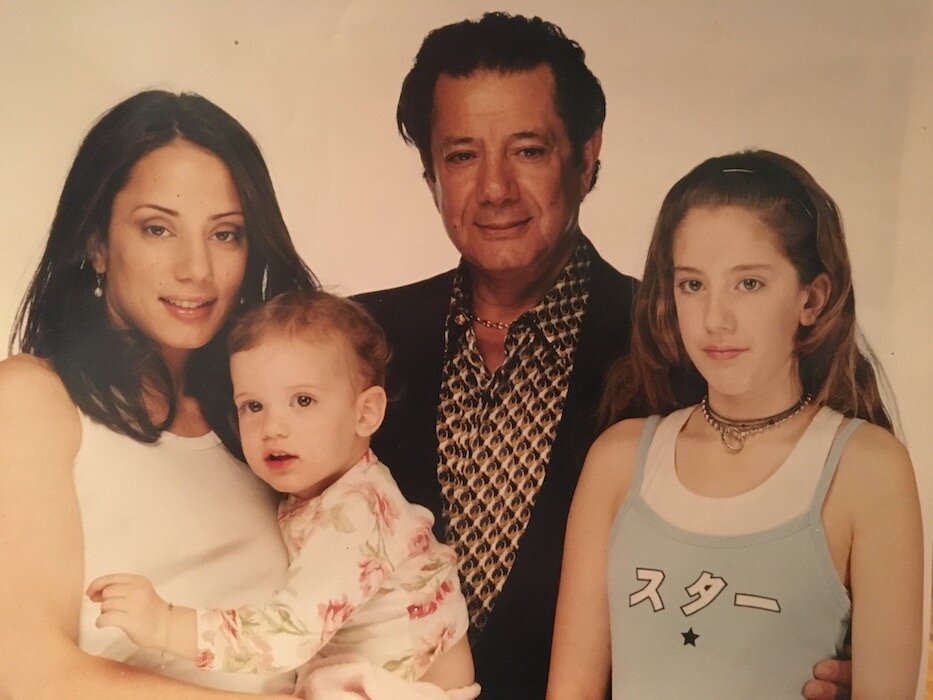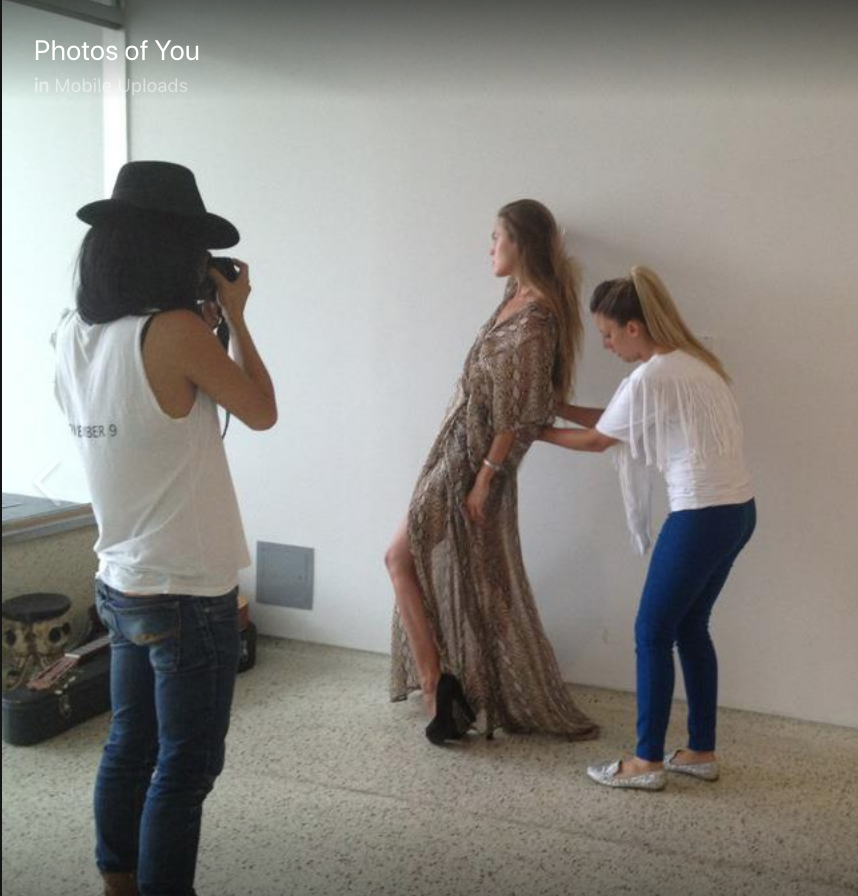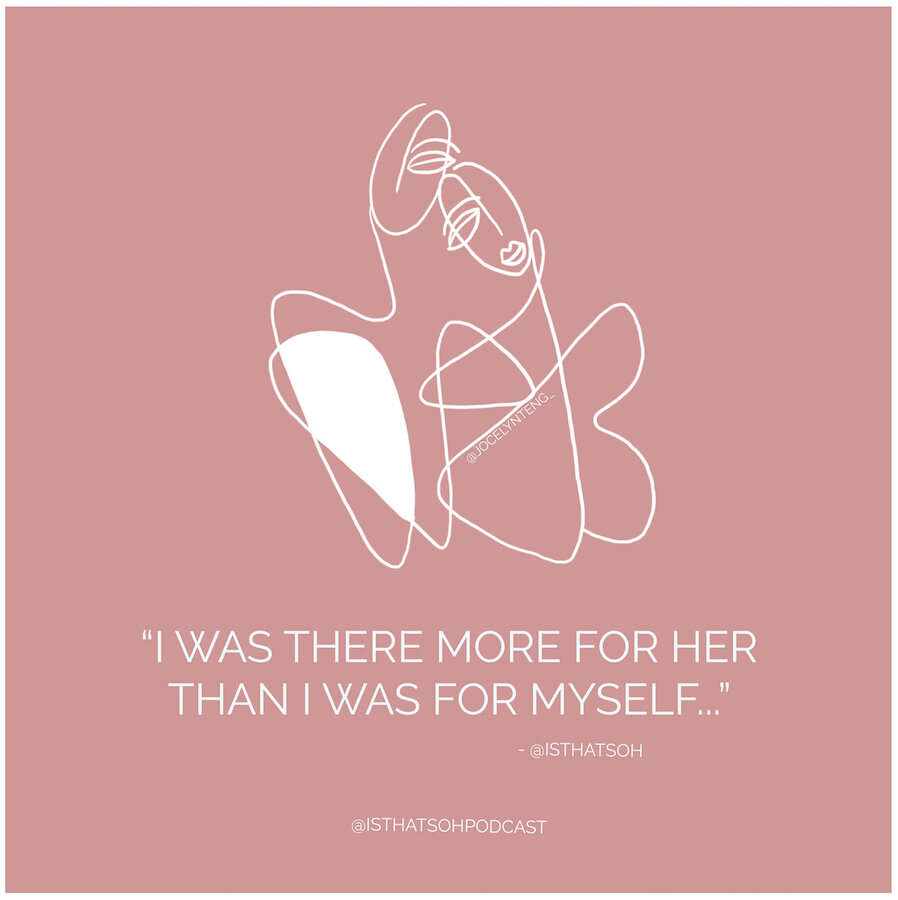EPISODE 17: MOOD BOOSTERS WITH ANDY DE SANTIS
Hello Friends and welcome back to the Is That Soh Podcast!
Today on the podcast I have invited dietitian, blogger, and author Andy De Santis to come on the show and share with us some of the latest research around mood boosters.
‘Mood boosters’ for those who have never heard the term, are supplements that you can take to help boost your mental health. They are in no way ‘a quick fix’ or ‘the solution to all your problems’ but they can be a great way to further support your health and overall wellness routine.
I first became interested in talking with Andy after he approached me with some new research around the power of Omega 3’s and their potential in helping reduce anxiety, and I thought, ‘wouldn’t it be great to have him on the show to talk about mood boosters and share with us some of the latest research within that realm.’
Personally, I dabbled with different mood boosters like Vitamin D and CBD, and have found them both to be very helpful when it comes to my anxiety and depression, but I have never really looked into the research and findings behind clinical trials. Further, I know from one of our previous episodes that there is research linking the state of your gut health to depression so I’m not surprised by the possible potential of omega 3’s and how our diet can impact the state of our mental health.
Andy is a private practice dietitian, blogger, and author from Toronto, Canada. He graduated from the University of Toronto School Of Public Health and holds a master's degree in public health nutrition. Having written six books, Andy's interests in the world of nutrition are far-reaching and include the interaction between specific nutrients and mental health. When he isn't writing or helping people one on one, Andy loves nothing more than to crack a few food-inspired jokes on his Instagram account.
I hope you enjoy this episode as much as I did! Feel free to leave your thought below!
Also, special thanks to Mattias Friberg for composing the music for this podcast and perfecting my sound!
- Additional Resources -
Food for Mood: Relevance of Nutritional Omega-3 Fatty Acids for Depression and Anxiety
Use of cannabidiol in anxiety and anxiety-related disorders
Current Understanding of Gut Microbiota in Mood Disorders: An Update of Human Studies
Effect of nicotine and nicotinic receptors on anxiety and depression
- Where To Find Andy Online -
WEBSITE ▶ andytherd.com
INSTAGRAM ▶ @andytherd
AMAZON AUTHOR PAGE ▶ amazon.com/author/andyrd
Follow The @IsThatSohPodcast On Instagram!
If you have any comments or questions about this episode, feel free to leave them below














